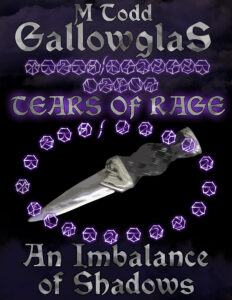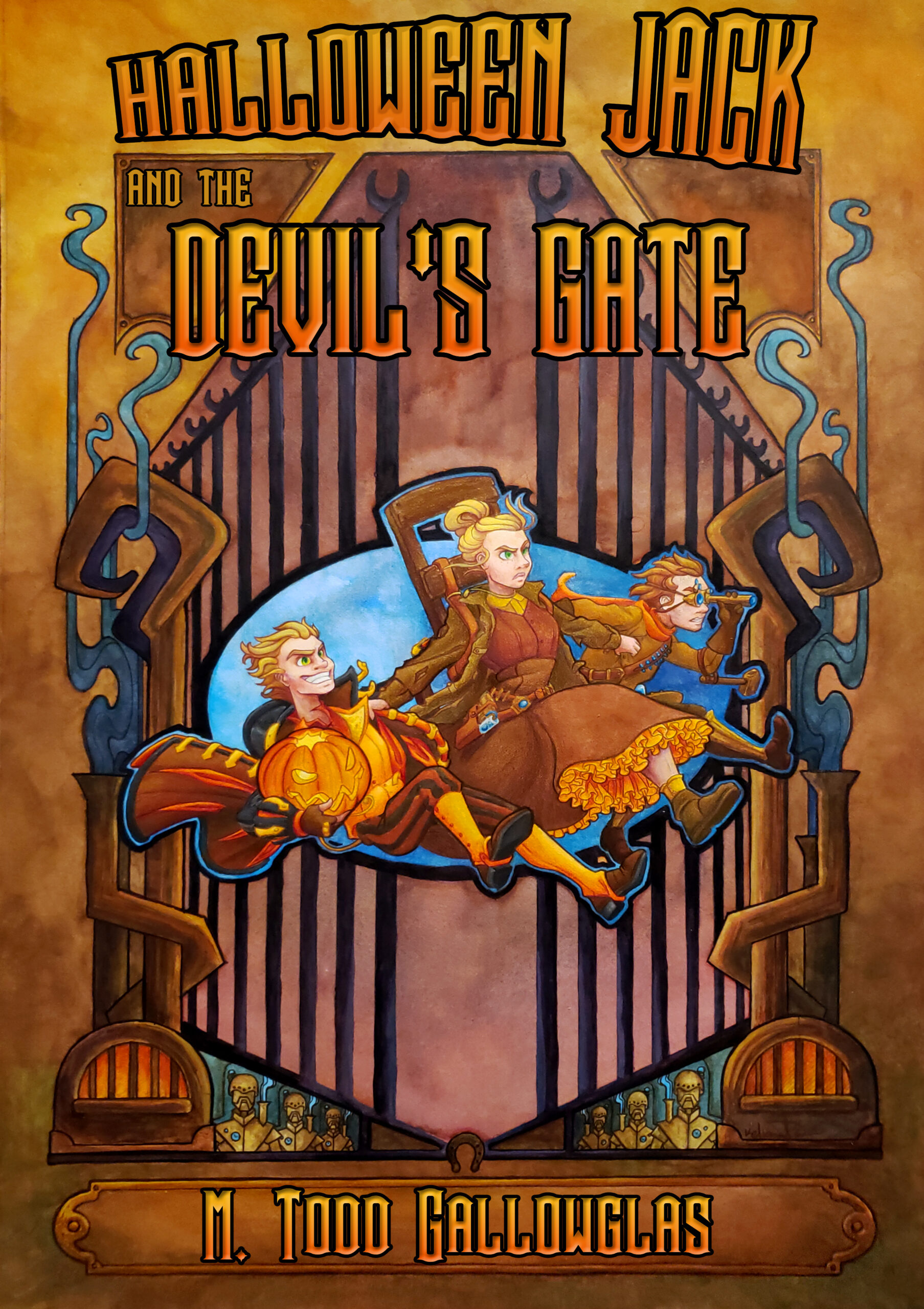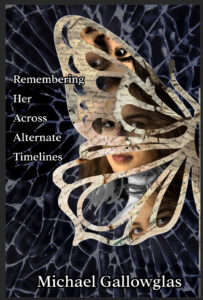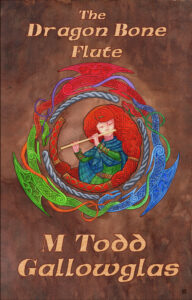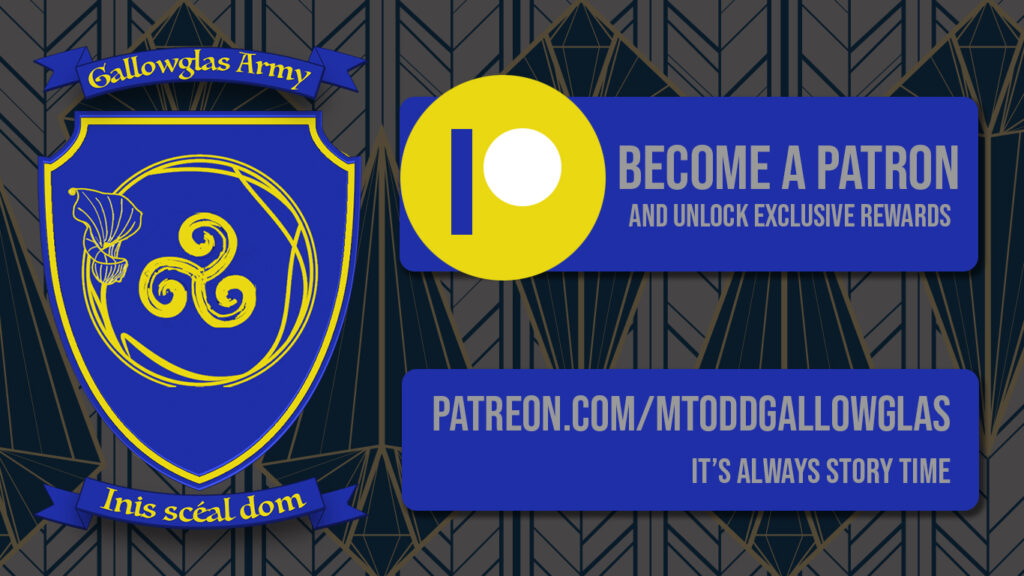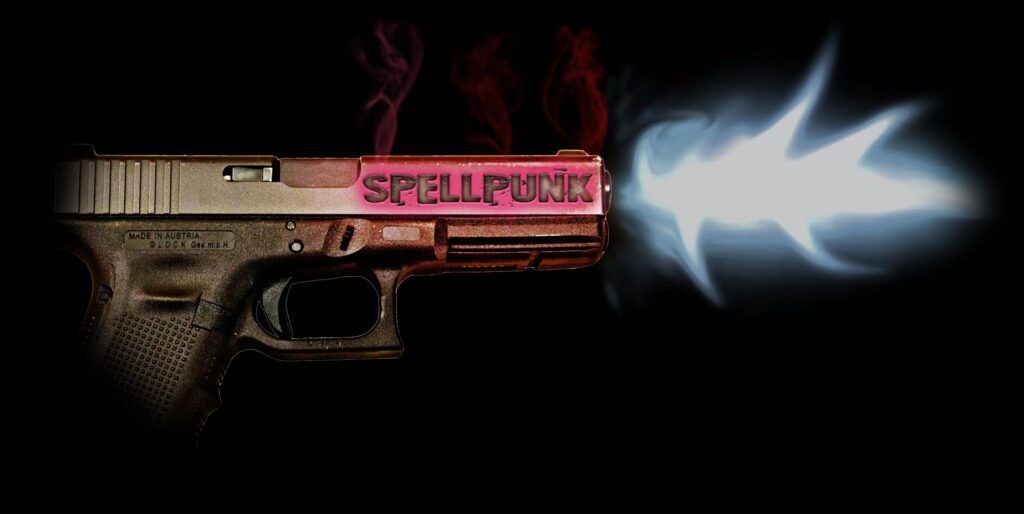An Unseen Danger of the Indie Book Revolution
Over the last two years since I began my career as an indie author, I’ve seen many people throughout the publishing industry write and speak of the indie book revolution weighing in on the pros and cons of this movement. a few weeks ago, I read a forum post by one indie writer with about fifteen bullet points about how to be a successful indie author. Lists like these are common. I won’t reiterate the entire list, as every single point, with a solitary exception, has been brought up ad infintum across the internet.
I want to address the one point I’d never seen before. The author recommended to writers to go back and rewrite their older books as they became better writers. With the nature of indie publishing, this is extremely easy to do, especially if a writer is publishing only in ebook formats. This was not a suggestion to go fix typos and word mixups and such as that. The writer told people to go back and retool their prose so that they could bring the quality of their earlier work is equal to the work they are currently producing.
My reaction: floored, stunned, shocked, etc.
Hopefully, this is the only one who does this…however…well, you know how things go.
This is a bad idea. I know upon first consideration, this might seem like a great idea. Then again, some people think Ayn Rand has some good ideas too. Really, deep down, this is a colossally bad call.
One of the chief joys of discovering new writers is watching how their work changes over their careers. I know a lot of Jim Butcher fans. I’m a Jim Butcher fan. One of the things we all like about reading Jim Butcher, is that every Harry Dresden book is better than the last…well, until Changes, and Ghost Story and Cold Days are kind of up for grabs there. If Butcher had been able to go back and change the earlier Dresden books, we’d all be missing out on fun of watching Butcher grow as a writer. Also, I’d think it’s a massive time sink, where instead of reworking old stories, a writer could be working on something new, and I’m in the camp that writers learn the craft of writing by actually writing, not be rewriting. A writer’s freshest work is going to come from getting away from the preconceptions of previous work and producing new drafts of new stories.
In his book Story, Robert McKee says, “A culture cannot evolve without honest, powerful storytelling.” I firmly believe that once writers finally gets a story to the point where they are ready to put it in front of the world to see, and they pass it by their editors (whether traditionally published or indie), those writers should be prepared to leave their stories in alone. To do otherwise is wonky storytelling. If a writer keeps going back and changing their story once it’s been published, the story stops being a story and grows closer and closer to being a lie. If you disagree, I have three words for you:
“Han shot first.”
As I’m writing this, I can’t help but think of all the early fans that support a writer’s early work. This feels like a slap in the face to those who jumped on board and got the “warts and all” aspect of the writer, even posted reviews because they want to tell the world about this new guy they think everyone should read — or not read, in the case of people who didn’t like the work. Going back and rewriting books just invalidates all those early reviews. Way to go! Considering how many scandals we have around reader reviews on Amazon and such and making people skeptical about such things, you’ve just added another reason for people to not trust the review many writers count on to help boost their sales.
Now, above and beyond all those other reasons, hos do you know you’re really improving the writing in those earlier works? I’ve got two series going right now, and for the most part, my readers agree that I’m getting better with each book. However, I’ve had a few readers tell me they think Arms of the Storm is the weakest Tears of Rage book yet, and one person said that Halloween Jack and the Cruse of Frost is not as good as Halloween Jack and the Devil’s Gate. So really…who is to say what is better and what is. My thought is that in going back, and re-tooling something after it’s been published might, and it’s a pretty big might, improve the story, but doing so has so many potential downsides, I wouldn’t risk it.
I’m interested in what other writers and especially readers think about this. How do you feel about writers going back and changing their earlier works after they have been published?
